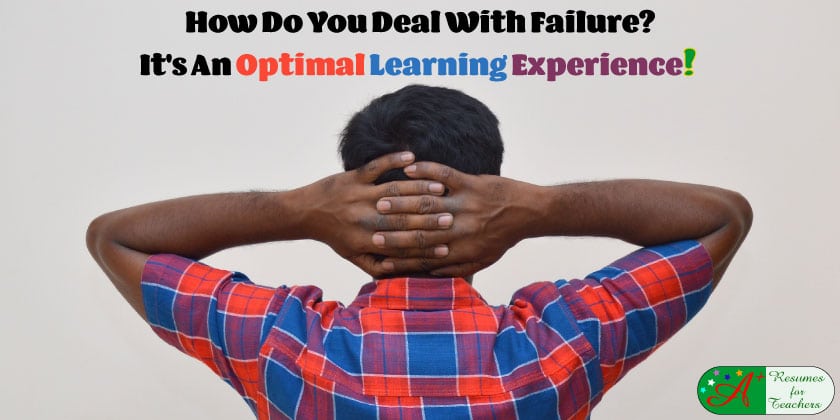What is your view of failure? How do you feel after you fail? Don’t be shy. I know you have failed at something…everyone has, MULTIPLE times. It feels pretty bad, huh? Why?
Why is it more than 90% of business owners, entrepreneurs, teachers, students, employees, etc., feel failure is bad? Why have we been taught to think this way? More importantly, why have you not re-taught yourself?
Well, I will tell you this, failure is GREAT! I bet you are thinking I am crazy, but listen here. A successful person understands what failure really is. Failure is just feedback, and feedback calls for adjustments. Your success mechanism cannot work without that feedback.
Failure is formulated as Failure = Feedback + Readjustment = Success with the right mindset on this misunderstood feeling.
Get out of the mindset of what you have been taught that failure is bad. Change what failure means to you.
For instance: Thomas Edison tried 10,000 things before he figured out how the light bulb works. So at what point do you tell yourself to stop before you get the result you initially desired? How many times would you have stopped before you reached 10,000?
Based on my life experience of challenges, the definition of a challenge is to use discouragement to readjust. And WOW, will it affect your life so differently the next time you come across a challenge, which is every day.
When you treat your failure as feedback for adjustment, it develops into a healthy coping mechanism for failure. Know how to understand these feelings and the emotional response of discouragement. Use it to your advantage rather than turning them off.
Know your dreams and aspirations and follow them!
“If you want something you’ve never had, you have to do something you’ve never done. If you keep doing what you’re doing, you’ll keep getting what you’re getting.”
Although you can apply these motivating words to any crossroad in your life, applying them to a midlife career change takes on an exciting dream/reality meaning. Changing or beginning a career at midlife is different from when we are younger.
Most of us devoted time in our twenties and thirties, only pleasing others, whether it was family, in our career, or both. We compromised our work/life choices to support whatever the immediate needs were at the time. Unfortunately, we end up suppressing our personal dreams and aspirations for the greater good and the daily grind.
Midlife is when the focus is not so much on power and success but on realizing your mortality and fulfilling a lifelong dream. This is a time when you can shed the pressures “By now I should be married,” “I want to be rich and have a big house,” and enter into “What’s really important to me now” and “I want to love what I do for as long as I’m able.”
Just because you have been a successful School Principal for the past fifteen years doesn’t mean that you love and have a passion for continuing. Maybe you always loved animals and want to open a pet shop or use the wisdom and knowledge you have developed over the years to develop future educational leaders by becoming a university professor.
Many parents have been stay-at-home-parents for a period of time and now want to do something that expresses who they are as an individual. Regardless of what your occupation has been up to this point, you have earned the right to make a change for yourself.
List out your dreams and aspirations, regardless of how silly they may seem. List what you are good at and love doing. You will find this is the person you are today, the person who is now putting their needs and desires to the front of the line instead of lagging and going with the general flow of life.


